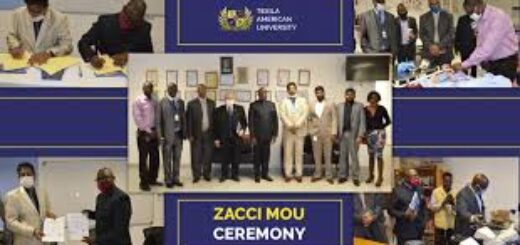
The inclusion of Judge Healey Potani as one of the judges in the elections case involving the Malawi Congress Party (MCP) and UTM, has attracted mixed reactions particularly with his brother working at the Malawi Electoral Commission.
High Court Judges Mike Tembo, Healey Potani, Dingiswayo Madise, Ivy Kamanga and Redson Kapindu are expected to hear the case as a Constitutional matter.
Judge Potani’s brother Harris works at MEC as Deputy Chief Elections Officer responsible for Operations, which is seen as a possible conflict of interest by some quarters.
In 2014, Potani recused himself from another election related matter citing his brother’s engagement with the Commission.

Reacting to the development in his own capacity, David Nungu said he sees nothing wrong saying the inclusion of five people in the panel is enough to bring the integrity needed in delivering justice.
He cited the judge’s recusal in 2014 without being forced by anyone as evidence enough that he can be trusted to discharge his role effectively.
Nungu who is also Malawi Human Rights Commission (MHRC) Executive Secretary, justified his stance arguing that since the relation of the two is an open secret, it is best to give them the benefit of doubt.
He wondered if it has been established that the remaining judges don’t have relations at the electoral body as people are inter-related in many ways.

Nungu stressed that what is required is for the judges to assess evidence which is admissible in the landmark case.
He observed that the appointing authority, who is the Chief Justice, referred the case to the judges fully aware of Potani’s connection.
However another legal practitioner is of the view that it’s an arrangement that is best avoided as it can send wrong signals to the public.
The source who preferred anonymity, said if the judge sees nothing wrong with it, then its fine adding that whoever is not comfortable, can apply to court stating reasons for the recusal.
Registrar of the Judiciary Agnes Patemba, has on record defended Potani’s inclusion in the panel.
“This is a panel of five judges. It’s the majority decision that will carry the day and not a one man’s decision,” she said.
The Chief Justice is mandated by law to constitute a panel of at least three judges in a matter that requires interpretation of the constitution.






















